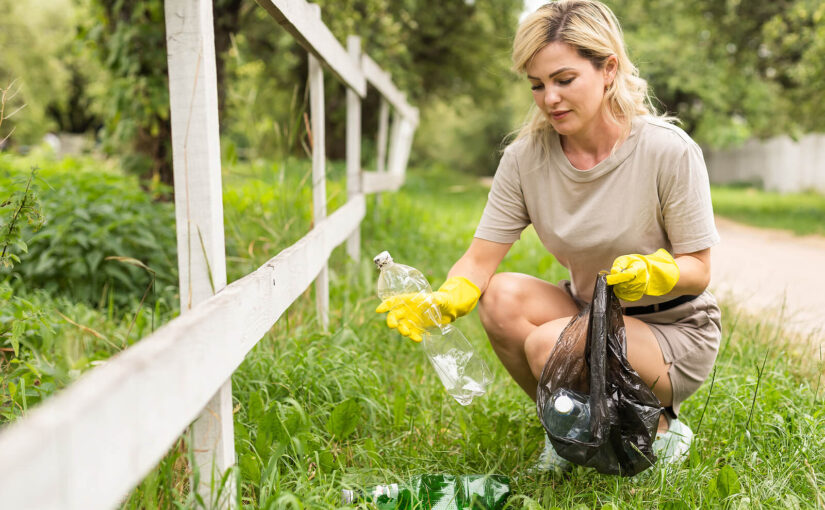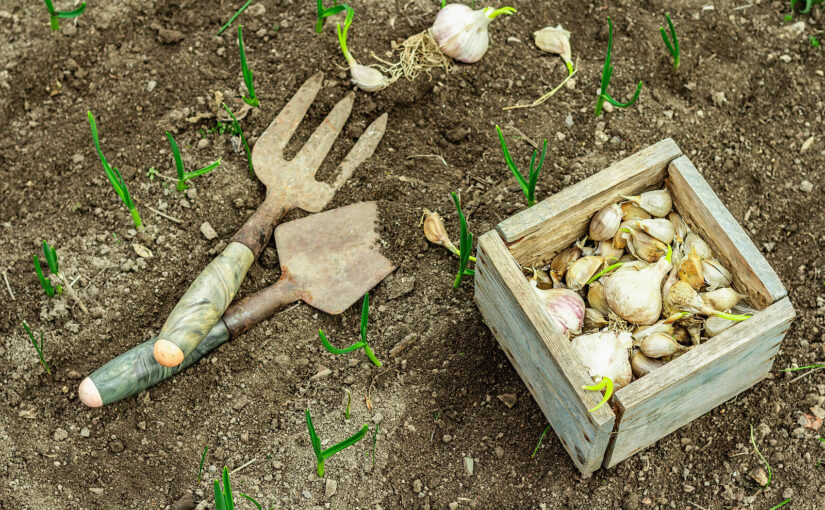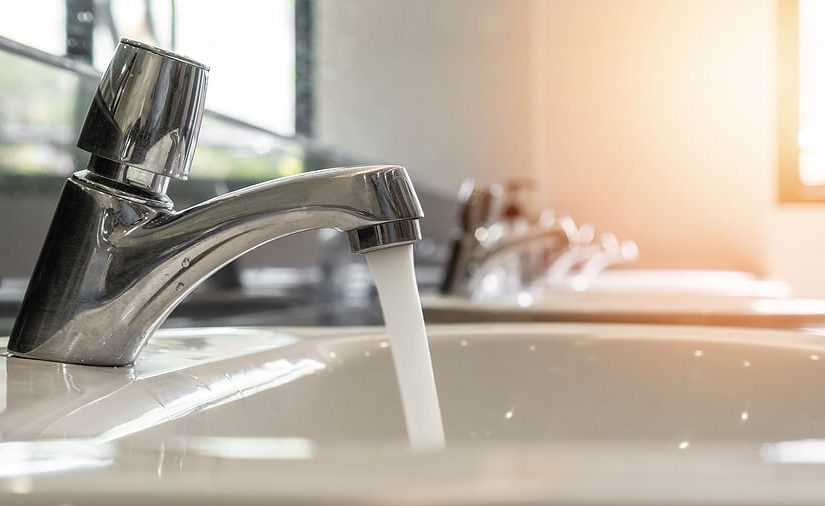The digital revolution has enabled countless positive changes in business regarding the environment and the reduction of CO₂ emissions.
However, as the world becomes increasingly digitised, every individual and business must recognise the impact their online activities have on the environment.
Every time you send an email, upload a photo to your website, or replace broken technology, you contribute to your digital carbon footprint and climate change.
Fortunately, there are steps you can take to reduce your company’s digital impact on the world, boost your corporate social responsibility, and enable a more sustainable future.
Let’s put ourselves in someone else’s shoes and define a digital carbon footprint before exploring simple ways to reduce it.
Continue reading How to reduce your business’s digital carbon footprint









